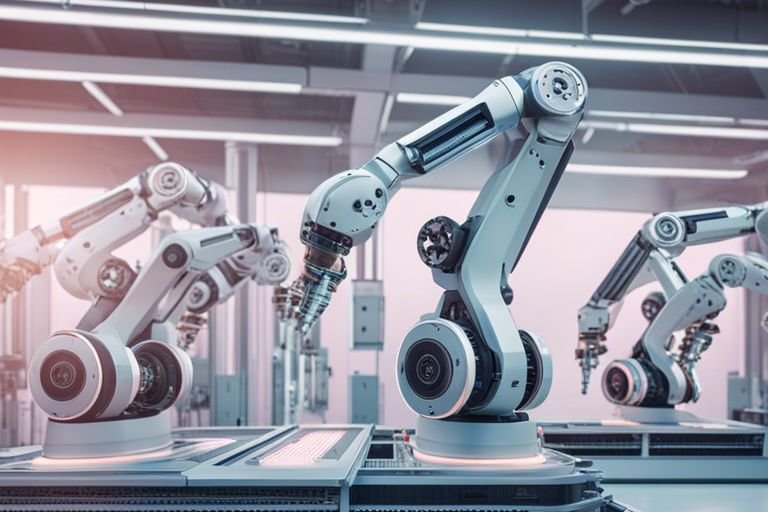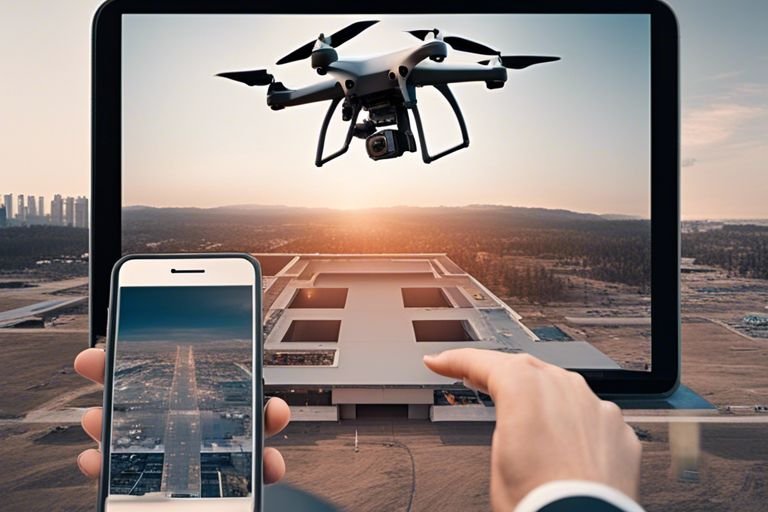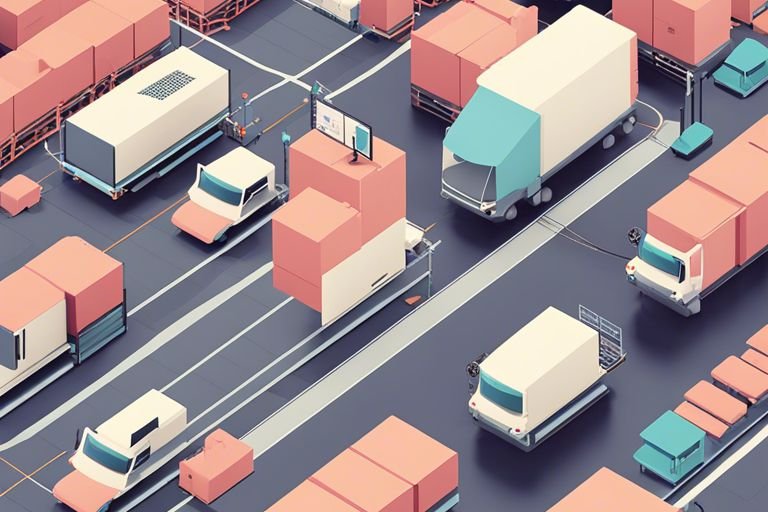What are the potential impacts of AI on our day-to-day lives?
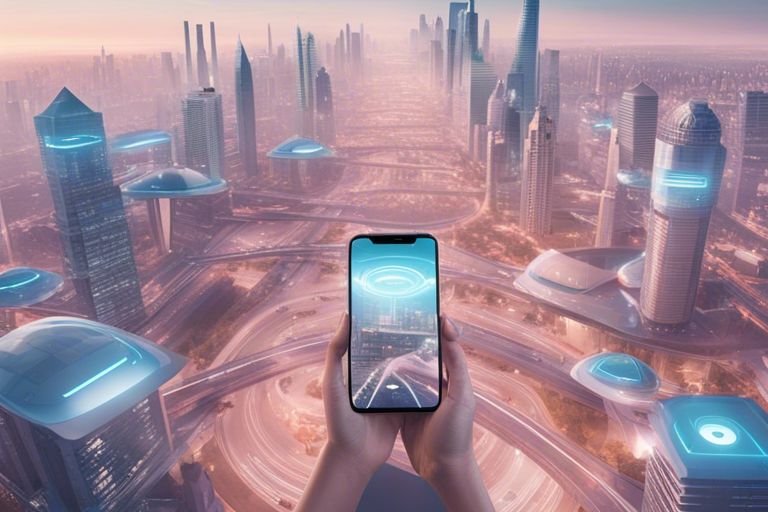
Have you ever stopped to ponder the potential effects of artificial intelligence on your day-to-day activities? As technology continues to advance at an unprecedented rate, it is important to understand the significance of AI in shaping the future. From automating routine tasks to revolutionizing industries, the potential impacts of AI are immense. However, it is crucial to be aware of both the benefits and the risks associated with this rapidly evolving technology. In this blog post, we will explore the potential implications of AI on various aspects of your life, and how you can prepare for the inevitable changes that lie ahead.
Key Takeaways:
- Automation: AI has the potential to automate repetitive tasks in our daily lives, such as driving, cooking, and answering customer service queries, resulting in increased efficiency and convenience.
- Ethical and job implications: The widespread use of AI may raise ethical concerns about privacy, security, and job displacement. It is crucial to address these potential challenges and ensure that AI is used responsibly to minimize negative impacts.
- Personalization: AI has the capability to personalize our experiences in various domains, from entertainment and shopping to healthcare and education, providing tailored recommendations and services that cater to individual preferences and needs.
Economic Impacts of AI
Now, let’s delve into the potential economic impacts of AI on your day-to-day life. From job automation to new job creation and economic growth, AI has the potential to significantly impact the economy in various ways.
Job Automation and the Workforce
With the advancement of AI technology, there is a growing concern about the potential for job automation and its impact on the workforce. AI has the capability to automate routine tasks and jobs, potentially leading to the displacement of certain jobs. This can have a significant impact on your day-to-day life, as it may lead to job insecurity and the need for retraining or upskilling to remain competitive in the workforce. Additionally, the rapid automation of jobs could lead to economic inequality as certain sectors and skills become obsolete, while others thrive.
New Job Creation and Economic Growth
On the flip side, AI also has the potential to create new job opportunities and spur economic growth. As AI technology continues to advance, new industries and sectors are emerging, creating demand for roles such as data scientists, AI ethicists, and automation specialists. This presents an opportunity for you to adapt and thrive in the evolving job market. Furthermore, the efficiencies and innovations brought about by AI have the potential to drive economic growth, leading to new business opportunities and improved overall productivity.
In summary, the economic impacts of AI are multifaceted, with the potential for both job displacement and new job creation. It is important for you to stay informed about the advancements in AI and the potential impacts on the economy, so you can proactively adapt and position yourself for success in the evolving job market.
Social Impacts of AI
While AI has the potential to bring about many positive changes, it also has significant impacts on our social interactions and ethical considerations. It’s important to consider how AI is influencing our daily lives and the wider society as a whole.
Changes in Social Interaction
With the increasing use of AI in various aspects of our lives, there is a noticeable shift in how we interact with each other. As AI becomes more integrated into social media and communication platforms, it is changing the way we engage with others. AI-powered chatbots are becoming more prevalent in customer service, support, and even in personal interactions. This can result in less human interaction, leading to a potential decline in meaningful connections and empathy. As a result, you may find yourself communicating with AI more often, rather than a real person, which can affect the quality of your social interactions.
Ethical Considerations of AI Usage
As AI becomes more advanced and integrated into various aspects of our lives, there are important ethical considerations that come into play. Privacy and security concerns emerge as AI collects and processes vast amounts of personal data, leading to potential misuse or breaches. Additionally, the potential for bias and discrimination in AI algorithms is a growing concern, which can have serious implications for marginalized groups. It is important to consider the ethical implications of AI usage and advocate for responsible and fair AI practices to protect your personal rights and the rights of others.
AI in Daily Personal Life
Despite the futuristic connotations, AI is already deeply embedded in our day-to-day personal lives, often in ways that we might not even notice. Whether it’s through home automation, personal assistants, or personalized services, AI has the potential to significantly impact the way you live and interact with the world around you.
AI in Home Automation and Personal Assistants
AI has transformed the way you interact with your home through the rise of smart home devices and automation. From smart thermostats that learn your preferred temperatures to voice-activated personal assistants that can control your lights, play your favorite music, and answer your questions, AI is revolutionizing the way you manage and interact with your living space. With the help of AI, your home can become more efficient, convenient, and comfortable, allowing you to have more control over your environment.
AI and Personalized Services
AI is increasingly being used to deliver personalized services tailored to your individual preferences and needs. From personalized recommendations on streaming platforms and shopping websites to chatbots that provide customer support, AI is helping to customize the way you engage with products and services. By analyzing your behavior and preferences, AI can offer you a more tailored and streamlined experience, saving you time and offering you more relevant, personalized content.
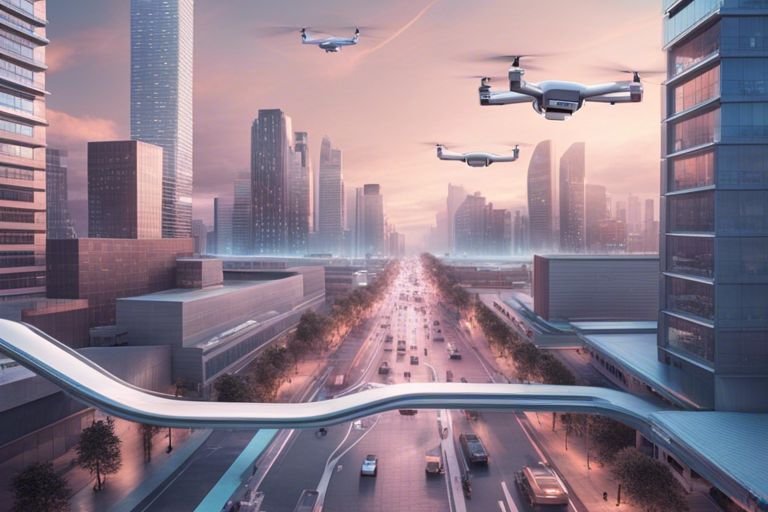
The Future of AI
After witnessing the rapid development of artificial intelligence (AI) in recent years, it’s clear that this technology has the potential to significantly impact our future. As AI continues to evolve and integrate into various aspects of our lives, it’s important to consider the potential implications and prepare for the changes it may bring. The future of AI holds both promises and challenges, and it’s crucial to examine how these developments will shape the world in the years to come.
Predictions and Emerging Technologies
As AI continues to advance, there are numerous predictions about the emerging technologies that will shape our future. From self-driving cars and virtual assistants to advanced medical diagnostics and personalized learning systems, the potential applications of AI are vast and diverse. The development of AI technologies such as deep learning, natural language processing, and robotics is expected to revolutionize various industries and improve efficiency and productivity. However, it’s also important to consider the potential implications of these emerging technologies, including the ethical and societal impact, as well as the potential displacement of human jobs in certain industries.
Preparing for Upcoming Changes
Given the rapid advancements in AI, it’s crucial to start preparing for the upcoming changes that this technology will bring. As AI becomes more integrated into our daily lives, it’s important to stay informed about the latest developments and potential impact on your personal and professional life. Developing a solid understanding of AI and its applications will be essential for staying ahead in a rapidly evolving job market. Additionally, it’s crucial to stay engaged in discussions about the ethical and societal implications of AI, as well as advocating for policies and regulations that ensure the responsible development and use of this technology.
By staying informed and actively participating in discussions about the future of AI, you can play a crucial role in shaping the direction of this technology and ensuring that its impact is both positive and beneficial for society.
Conclusion: The Potential Impacts of AI on Your Day-to-Day Life
With these considerations in mind, it is clear that the potential impacts of AI on your day-to-day life are significant. From improving efficiency and productivity to providing personalized experiences and convenience, AI has the power to revolutionize the way you work, communicate, and access information. However, it also raises concerns about job displacement, privacy, and ethical implications. It is important for you to stay informed and engaged in the conversation about AI’s role in society to ensure that its impacts on your daily life are beneficial and ethically sound.
